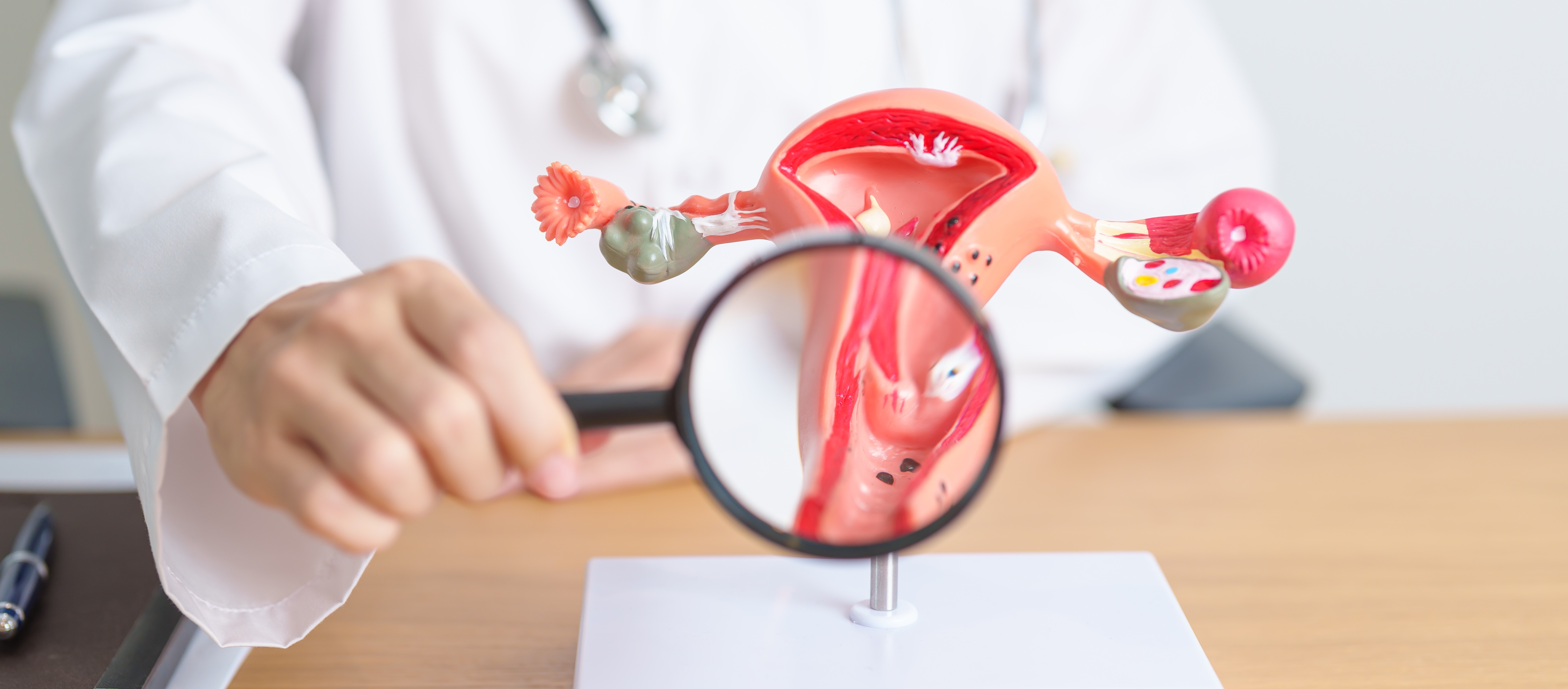Tension Headaches: Symptoms, Causes, & Treatments
Written By: Dr. Anas Abdul Majeed
Updated On:January 24, 2024

Tension Headaches: Symptoms, Causes, & Treatments
What are Tension Headaches?
A tension-type headache (TTH) typically feels like a tight band is wrapping around the head and ranges in intensity from mild to moderate. The most frequent sort of headache is a tension headache; however, it is unclear what causes them.
There are remedies for headaches of this nature. Finding a balance between good habits, non-drug treatments, and proper medication use is typically key to managing tension-type headaches.
Causes of Tension Headaches
There isn't a single source of tension headaches that has been conclusive as to why these headaches occur. However, it is known that this sort of headache is not inherited. Some medical professionals believe that tense neck or back muscles might cause or contribute to tension headaches.
If you have any of the following, you might be more susceptible to tension headaches:
- Eye strain, such as that brought on by prolonged computer use.
- Other head and neck pain brought on by conditions, such as temporomandibular disorders
- Insomnia.
- Stress brought on by obligations to one's family, employment, or other aspects of one's life.
Symptoms of Tension Headaches
Typical signs and symptoms of tension-type headaches include the following:
- A headache that begins later in the day that is of mild to moderate intensity in the front, top, or sides of your skull
- Exhaustion
- Crankiness
- Focusing issues
- Little sensitivity to noise or light
- Muscle pain
With tension-type headaches, you won't experience other neurological symptoms, such as muscle weakness or blurred vision, as you would with migraine headaches. Also, excessive sensitivity to light or noise, as well as stomach pain, nausea, or vomiting are not typical symptoms of tension headaches.
When to see a doctor for Tension Headaches?
Schedule a visit with your physician if your tension-type headaches interfere with your life or if you require pain relievers more than twice a week. If your headache pattern changes or they start to feel different all of a sudden, even if you have a history of headaches, consult your doctor. Sometimes, headaches can be a sign of a serious medical problem, such as a brain tumor or a blood vessel burst (aneurysm).
Get emergency assistance if you experience any of the following symptoms or signs:
- Sudden, intense headache
- Headache and fever, stiff neck, mental disorientation, convulsions, double vision, weakness, numbness, or trouble speaking
- Headache following a head injury, especially if it intensifies
Tension Headaches Risk Factors
Risk factors for tension headaches can stem from lifestyle factors as well as other health problems.
When it comes to lifestyle, tension headaches can be brought on by stress, exhaustion, or rage. Insufficient sleep can also cause headaches.
When it comes to health problems, tension headaches have been connected to two medical conditions, depression and anxiety.
Tension Headaches Complications
A tension headache may not go away for days or even weeks if not addressed. The majority of people can carry on with their regular routines despite the discomfort.
However, tension headaches become serious if together with your headache, you also have a fever, a stiff neck, nauseousness, and vomiting, if a head injury causes your headache, or if you just have a strong headache impacting one of your eyes, which is also red.
Tension Headaches Diagnosis
There is no test that can conclusively diagnose tension headaches. The first thing your doctor will do is look through your medical background. After that, they will check you out to assess your symptoms.
In order to learn more about your symptoms, your doctor may ask you many questions, such as:
- Do you have moments of the day when your symptoms seem to be worse?
- Do you find that some meals make your symptoms worse?
- Do over-the-counter painkillers improve your headaches?
- How frequently do your symptoms occur?
- How would you characterize your level of stress?
In some circumstances, your doctor might ask for an imaging test like an MRI. Imaging exams can aid in excluding less frequent but possibly dangerous causes of your symptoms.
Tension Headaches Treatment
Over-the-counter painkillers may be able to effectively manage your pain if you occasionally experience tension headaches. Your healthcare professional might advise you to start by trying one of these medications to treat your symptoms:
- Tylenol
- Aspirin
- Ibuprofen
- Naproxen
In the event that over-the-counter painkillers are ineffective, your doctor might prescribe medicine. Some drugs lessen the severity or frequency of your headaches. Some sufferers of persistent tension headaches have found relief from the antidepressant amitriptyline. However, the use of opioids is not advised.
Tension Headaches Prevention
Researchers are still trying to figure out how to stop headaches altogether. Some drugs may prevent some headaches before they begin if you frequently or chronically get tension-type headaches. They include antidepressants, such venlafaxine, duloxetine, and amitriptyline.
Generally, the best method to avoid tension headaches is to make lifestyle adjustments and control how you react to stress. The stress-reduction technique that fits into your life and that you enjoy utilizing is the most effective. You could also attempt the following:
- Massage treatment
- Doing regular exercise
- Staying hydrated
- Maintaining good sleeping habits
References
Ashina, S., Bendtsen, L., & Ashina, M. (2005). Pathophysiology of tension-type headache. Current pain and headache reports, 9, 415-422.
Bogaards, M. C., & ter Kuile, M. M. (1994). Treatment of recurrent tension headache: a meta-analytic review. The Clinical journal of pain, 10(3), 174-190.
Cathcart, S., Winefield, A. H., Lushington, K., & Rolan, P. (2010). Stress and tension-type headache mechanisms. Cephalalgia, 30(10), 1250-1267.
Fumal, A., & Schoenen, J. (2008). Tension-type headache: current research and clinical management. The Lancet Neurology, 7(1), 70-83.
Meet our doctors from the Neurology department
Similar Posts
Labiaplasty
Written By: Dr. Zofia Gordon
Gonorrhea
Written By: Dr. Zofia Gordon
















